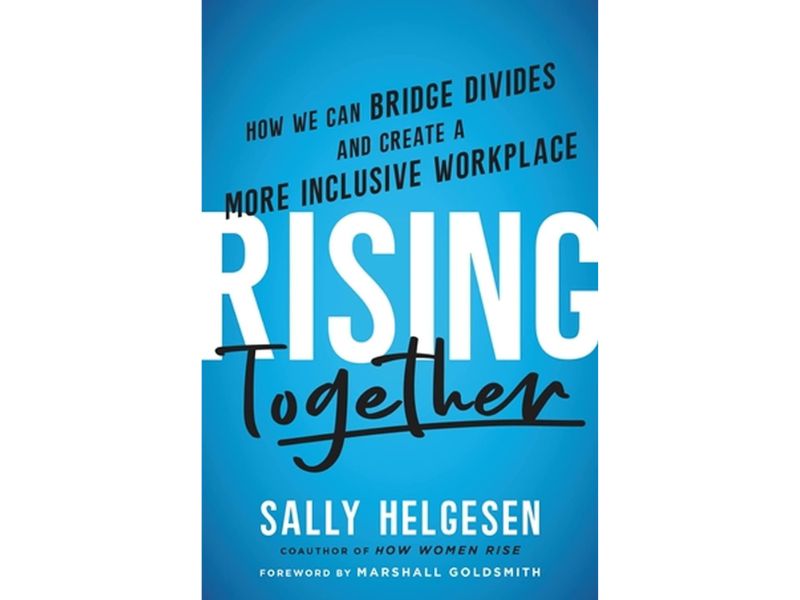Women’s equality has made positive gains but the world is still unequal. International Women’s Day celebrates the social, political and economic achievements of women while focusing global attention on areas requiring further action.
Each year International Women’s Day (IWD) is celebrated on March 8, with the first day being held in 1911. Thousands of events occur to mark the economic, political and social achievements of women. Organisations, governments, charities, educational institutions, women’s groups, corporations and the media celebrate the day.
This year’s theme is #BalanceForBetter – providing a unified direction to guide and galvanise continuous collective action.
Organisers of International Women’s Day are calling for people to post their #IWD2019 message on social media with your “hands out” balance pose for a strong call-to-action for others to help forge a #BalanceForBetter.
Here at WeAreTheCity, we’ve rounded up articles, advice and reports on achieving a better balance in the workplace, juggling worklife balance, and improving the diversity balance on boards.
From burnout to balance | Cara de Lange
The World Health Organisation now describes burnout as ‘not a single event but a process in which everyday stresses and anxieties gradually undermine one’s mental and physical health.’ The word ‘gradually’ is key. The burnout process can take months even years to build up. Typically people have no idea they’re heading for burnout. They don’t notice the warning signs.
The warning signs can vary from one person to another: weight loss, weight gain, hair loss, insomnia; easily annoyed with family and friends; frantically trying to keep on top of everything; a lack of energy or overdrive (nervous tension, anxiety) even a sensitivity to light and noise.
The art of balance | The working mum
Every modern working woman knows that life is a balancing act: a tight rope walk between being confident but not “bossy”, ambitious but not a “neglectful mum”, a social butterfly but also a businesswoman and a great mum.
Becoming a working mother has been the ultimate test for me in a world where I grew up believing I could “have it all”. There are a number of challenges that come with motherhood, especially when your family depends on the success of your own business.

Let’s redress the balance in 21st century business & get more women in to senior roles
It is my belief that personal branding can redress the balance for women in business.
As someone who builds personal brands, I love spotting trends and patterns. Although my methodology doesn’t change, the approach and output can vary greatly depending on the client but one thing I’ve noticed time and time again is the questions I’m being asked.
For example, when I work with women who are looking to accelerate or change their career, I often get asked ‘How much should I share about myself? Why will people care about what I have to say? Will it sound like I’m bragging?’ I don’t typically experience this with male clients, whose line of questioning feels more practical ‘What is the best way to do that? How long before I can expect to see results? When can we get going?
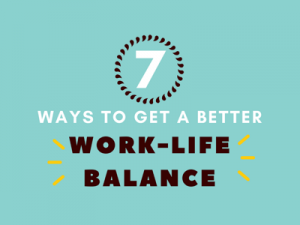 Seven ways to get a better work-life balance | Infographic
Seven ways to get a better work-life balance | Infographic
The expectation for staff to stay at their desks after their working hours has increased significantly over the years, so its no surprise that there’s been a surge in mental health related problems in the workplace.
With people working longer, stress and anxiety are becoming more prevalent work and related stress is costing Britain 10.4 million working days each year. But it doesn’t have to be that way.
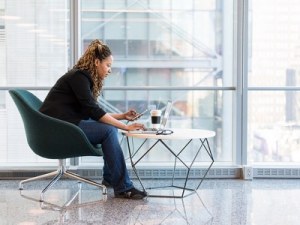 Gender balance in the digital world
Gender balance in the digital world
Female representation in the digital world is a hotly debated topic, as while the number of women working in Information Communication Technology (ICT) in the UK increased by 35 per cent between 2014 to 2015 to total 17.5 per cent of the sector’s workforce − there is clearly more to be done.
Improving digital skills can have a significant impact on individuals as well as the success of our economy as a whole. As we do more and more in our lives online, we need to ensure that all segments of the population are equipped to not only consume but also create digital content.
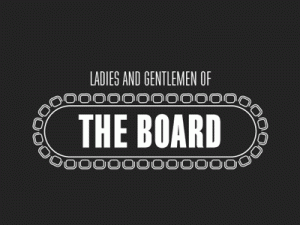 Lack of women on boards | Infographic
Lack of women on boards | Infographic
The boardroom is where strategic decisions are made, governance applied and risk overseen.
It is therefore imperative that boards are made up of competent high calibre individuals who together offer a mix of skills, experiences and backgrounds. Board appointments must always be made on merit, with the best qualified person getting the job. But, given the long record of women achieving the highest qualifications and leadership positions in many walks of life, the poor representation of women on boards, relative to their male counterparts, has raised questions about whether board recruitment is in practice based on skills, experience and performance.
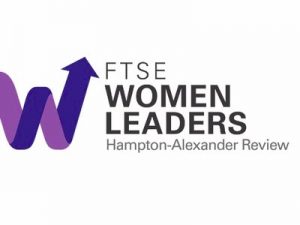 Hampton-Alexander Review | FTSE Women Leaders
Hampton-Alexander Review | FTSE Women Leaders
Companies addressing gender imbalance, as part of the drive to align corporate purpose to changing societal expectations, are building the greatest trust in their stakeholders. Rising public awareness and grass-roots focus from employees, will help quicken the pace. But we need to ask what more is required.
The Hampton-Alexander Review (the Review), which is an independent, business-led initiative supported by Government, builds on the success of its predecessor, the Davies Review.
 The Female FTSE Board Report 2018 | Cranfield University
The Female FTSE Board Report 2018 | Cranfield University
Women are still being under-represented in executive ranks, according to a new report.
The report, conducted by Cranfield School of Management and sponsored by Aviva, highlights the lack of progress in improving gender diversity at the highest executive positions of FTSE 350 companies.
Despite progress in female representation in non-executive board positions, the report identifies the lack of women in executive roles on boards of the UK’s leading companies.








